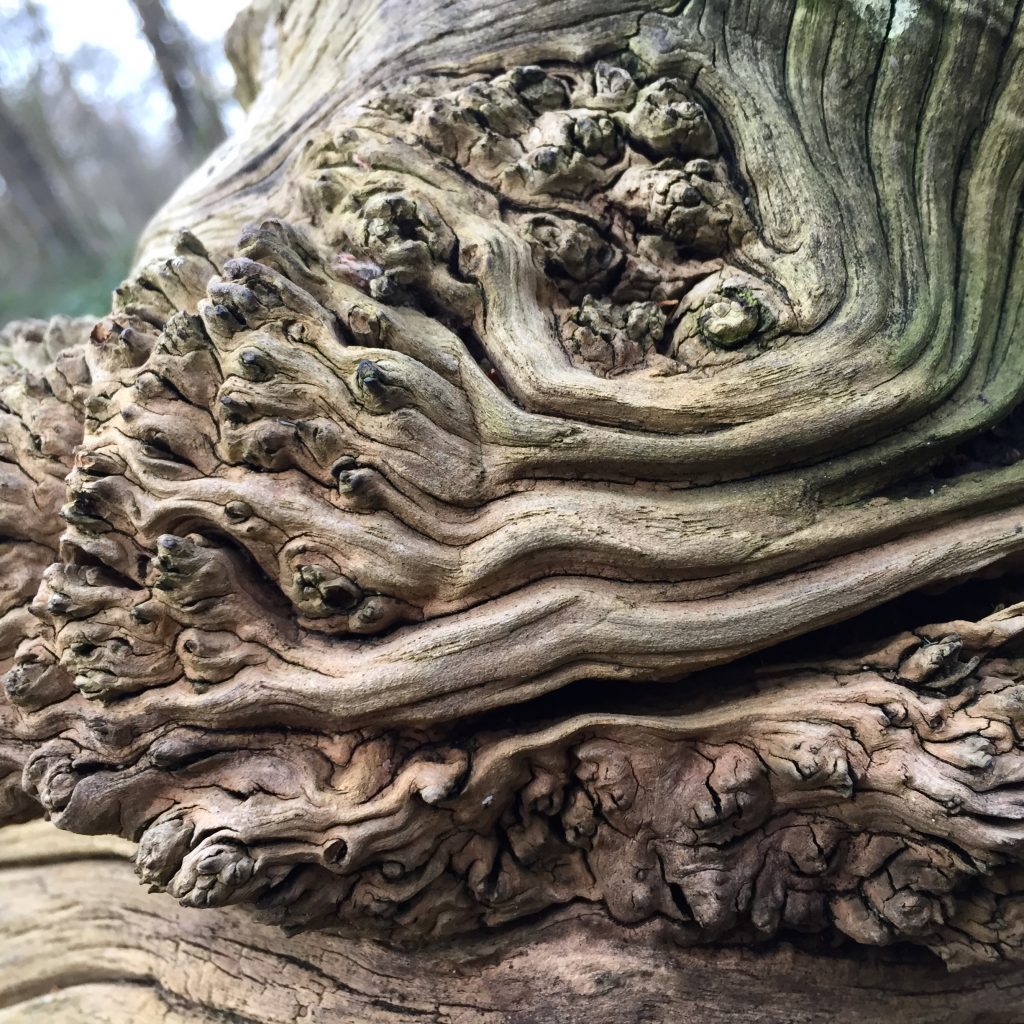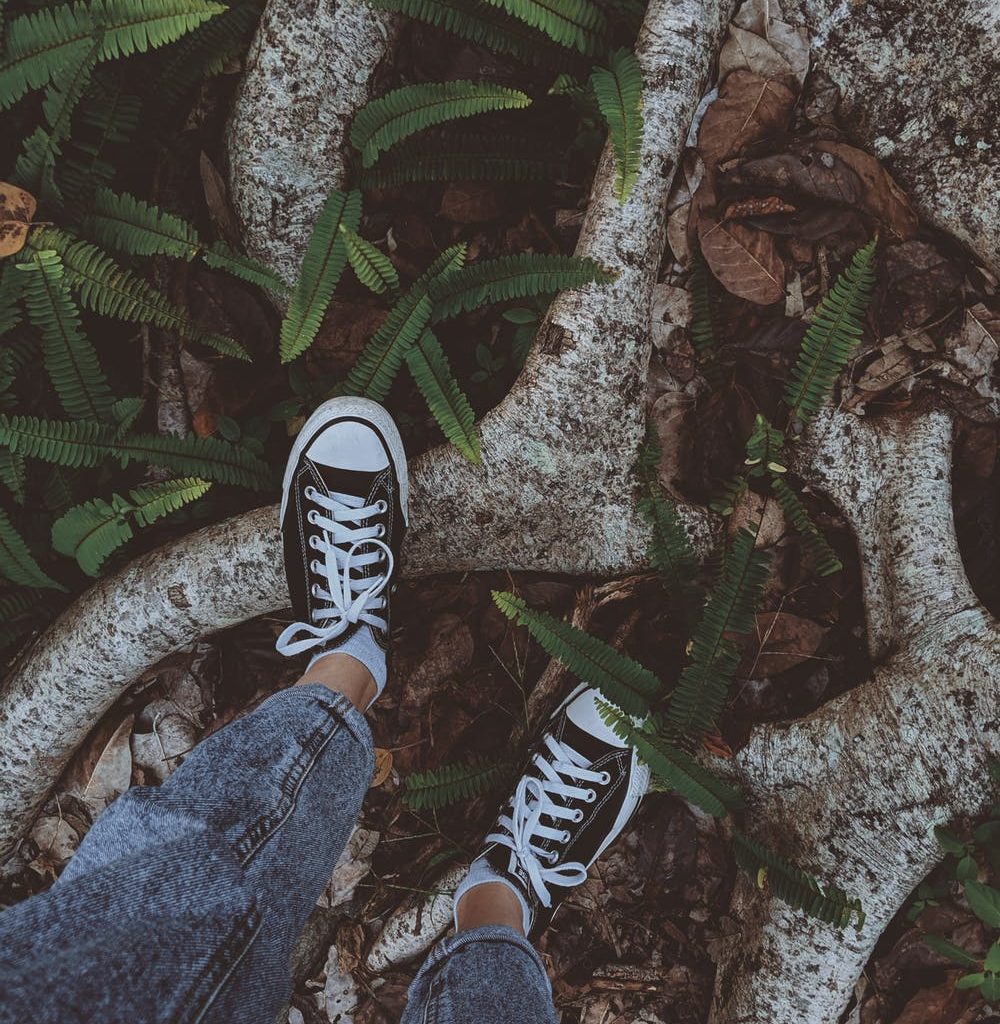My Relationship with the More-Than-Human World
As a kid, I was fortunate enough to be able to spend a lot of time outside, in nature, and often on my own. The more-than-human world stimulated my imagination and some of the trees and animals were my playmates and sometimes my source of comfort and support.

As I grew up, I kept enjoying and appreciating the natural world, but got a bit more distant from it, as I was living in big cities and getting influenced by the great divide that society is imposing on us. But the older I got, the stronger the call and pull of nature was for me. And as I started my training in counselling, I very quickly got interested into the ecopsychology field. From then on, I’ve deepened my relationship to nature even more. And I can say that now I do not only know that I’m part of nature – which I had always believed – I actually feel it. This is a subtle yet very powerful difference.
Despair in Uncertain Times
With knowledge of climate change, at times, I’ve felt terribly powerless and despaired, hit by waves of grief and anger. While the powerlessness might still be present, I’ve come to accept that I want to live my life according to what I believe is important, even if it might not make any difference in the long term.
I am most troubled by the loss of biodiversity, of flora and fauna, and therefore also of some parts of cultures – knowledge, words, traditions. I believe in holism and interconnectedness, and that diversity, awe and respect is linked to abundance. I’m a mix of ethnic groups, cultures and languages. And I think I was raised in appreciation of the complexity and beauty of how our planet and ourselves functions.
Writing and drawing has helped me, but the most important thing was spending time in nature, being with the more-than-human world and feeling its presence and wisdom. I try not to take more than what I need. It means consuming less goods and I try to look at how and where it was made. I eat mostly local, seasonal and varied food, supporting biodynamic and organic farmers is priority. I don’t fall into the green washing trend, though – buying bamboo straws that cost a fortune! I use common sense, nature’s sense.
I have a garden and let it grow a bit wild to support wildlife. And when I forage, I practice the honourable harvest. I reconnect people to nature and hope they will remember what it feels like to be part of the natural world. I support the ecocide law, as I think that might be the only way to make big companies accountable for their behaviour. And I show my appreciation and awe at nature’s beauty by taking the time to observe, listen and feel.
Standing Strong
In the face of difficult and uncertain times, I am being true to myself, to my principles and values; to live a life of authenticity, with maybe the hope that if everybody were to do that, things would get better. A lot of people stop doing something valuable the moment they feel not everybody is doing it. They don’t stick to their principles.

This strength probably comes from my upbringing and particularly from my mother, who is someone who sticks to her principles and commitments even if it means not being liked. It comes probably both from a family tradition, as my grandfather was the same; and a cultural connection. In France, we have a long tradition of fighting for what you think is right and for not only your own benefit but the benefit of the whole society.
When I feel despair, I head to the woods or another natural environment. And I’m not only feeling better for being in nature, I’m also able to notice that despite being under extreme stress and neglect, the natural world keeps on being itself. It is true to its own system of values.
My partner would say I’m not a phoney nature-connected person; that I care really, and that being authentic is not a marketing game for me. She notices that because of this, I tend to question things and be careful about what I do, how and why and therefore it creates more struggles and challenges for me.
If this story has touched you in some way, we invite you to send a message back to the storyteller. Please go to our ‘Facing the Climate Crisis’ project page for details.
